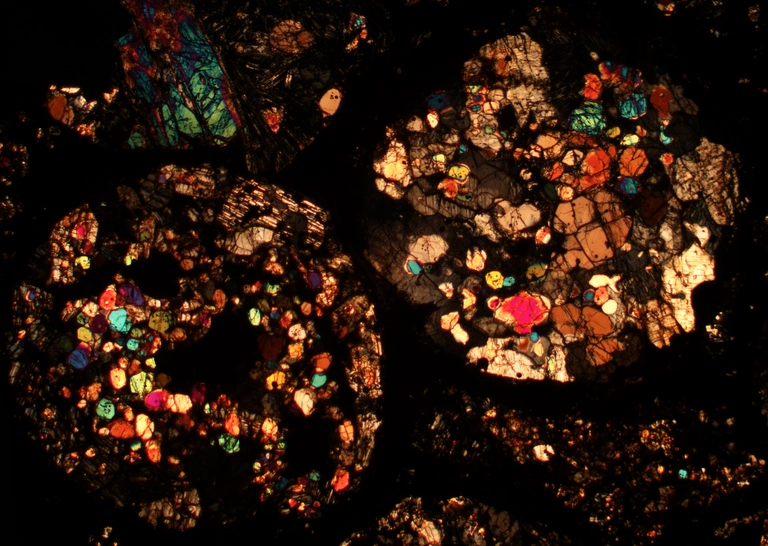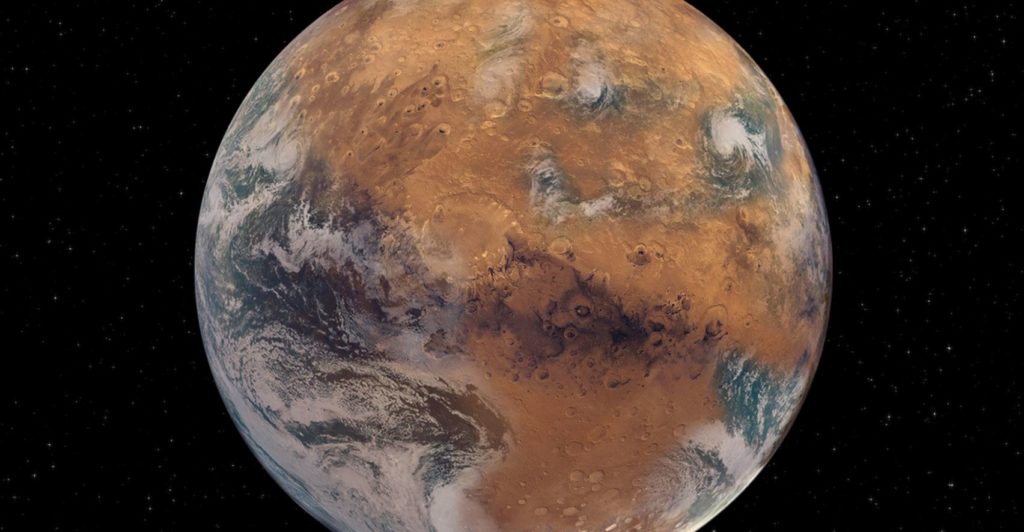
Earth’s potassium arrived by meteoritic delivery service finds new research led by Carnegie’s Nicole Nie and Da Wang. Their work, published in Science, shows that some primitive meteorites contain a different mix of potassium isotopes than those found in other, more-chemically processed meteorites. These results can help elucidate the processes that shaped our solar system and determined the composition of its planets.
“The extreme conditions found in stellar interiors enable stars to manufacture elements usi...
Read More





Recent Comments